October is National Bullying Prevention Month…Greetings
Hamptons MouthPiece readers…as many of you may be aware I am a strong advocate against any kind of bullying…I HATE it and I feel that my calling is to be a mouthpiece for the victims of bullying. I witnessed a small insight of the life of a victim 3 years ago with my own child. We were able to handle the situation and help her through it by showing her that we had her back and addressed the situation. She felt empowered and has been able to acknowledge when she is being bullied and to access the situation. Girls and Boys are faced with completely different types of bullying and as such should be treated differently. Children will seldom or
NEVER come home and tell their parents I am being bullied because:
1. They do not think you will understand
2. Parents make things worst
3. They often do not realize they are being bullied
4. They are feeling embarrassed
5. They believe they can handle the situation on their own
I wanted to share with you my readers myths about bullying and maybe your child is dealing with bullying or you no someone who is. This topic is so important to me because I was bullied in Middle School and it affected my life, I was not able to stand up for myself and I was bullied, abused and mistreated. I allowed myself to be a victim for a very long time and one day I decided that was no longer going to be a victim. My mother helped me find my inner strength because she is one of the strongest women I know.
12 Bullying Myths
- Is bullying a normal rite of passage – or just plain cruel? Is hitting back ever the right answer? Do good parents always know when their child is being bullied?
- What do parents really need to know about bullying? It’s not necessarily what you think.
- Not a day goes by without another gut-wrenching tale of bullying making headlines. Schoolyards erupt in violence. Social-media sites turn into cyber lynch mobs. According to this list of 51 critical cyber bullying statistics, 36.5% of US citizens feel they have been cyber bullied in their life time and 17.4% say it has happened in the last 30 days. Kids commit suicide after enduring months of abuse. Despite all the media attention, parents often remain in the dark about what actions to take when it happens to their children – or when their children bully others.
- What can parents really do? What are the signs to watch for?The warning signs are withdrawal, angry, not wanting to go to school, grades are dropping, they are often not hanging out with any friends. How do you distinguish garden-variety personality conflicts between kids (which may include some mean behavior) from actual bullying?
1. You’ll know when your child is being bullied…Your child will NEVER tell you..If you suspect bullying, keep talking with your child and go to the school for help and input. Talk with your child’s teacher, a school administrator, or a school counselor to notify them of any problems, ask if they’ve noticed any incidents, and work with them to deal with the problem sooner rather than later.
2. Bullying always includes physical aggression: Bullying is when one child regularly harasses another child. This could be verbal bullying like name-calling, teasing, and using threatening language. It can also be physical abuse like punching, shoving, hitting, and spitting. It can be electronic too, via texting and the Internet. There is a gray area, however, that is important for parents to understand. Is it bullying when a child is excluded from a game? Not necessarily, but Manipulative exclusion could be considered a form of bullying.
3. The bully is always bigger: Bullying is often about power, and a child who bullies is often trying to counteract something that’s going wrong (real or perceived) in his own life.
4. There’s one clear way to solve the problem: bullying scenarios vary so widely, no single response can be prescribed. The complicated truth is that different situation – and different kids – call for different actions.
5. Bullies come from the top of the social pecking order: not always the case, some kids who bully are looking to become popular, gain power or they bully are often victims of abuse themselves or are going through difficult problems at home
6. Parental attitudes have no effect on bullying: Leading by showing good examples is a clear way to show your kids to respect differences in people, If parents talk disparagingly about other groups of people or tell racist, sexist, or homophobic jokes, the message they’re sending is: “All people are not alike, and some are better than others.”
7. If your child is a victim, call the bully’s parents: Parent meetings can often get nasty and confrontational, start with the school first and if that does not go anywhere then go to the parents.
8. Boys are more likely to be bullied: Although boys often bully in a physical way, girls’ style of bullying tends to be more indirect. Girls bully by creating a hostile environment for their victims; they may spread rumors or exclude their targets from activities.
9. Cyber-bullying is the gateway to other bullying: Bullying actually starts in school and then continues on cell phones and social media making it an all day nightmare for some children.
10. Parents are always their kids’ best defender: Some parents and teachers dismiss children’s complaints that they are being bullied and tells them to stop tattling and being a baby.
11. When bullies use homophobic taunts they’re always referring to the victim’s sexual orientation: Bullies taunt other kids by calling them “gay,” even though neither party actually knows what the word means – especially in the younger grades. “This is where parental and social modeling come into effect. Kids hear the word used as a putdown, and they repeat it. “They’re mimicking language,” “it’s not being used in the sexual connotation.” Lesbian, gay, bisexual, and transgender youths with families who accept their sexual orientation are less likely to suffer depression, use drugs, or attempt suicide than youth who are rejected by their families.
12. Schools bear no clear responsibility for bullying: Bullying has become a national issue, so much so that 47 states, including Massachusetts and New York, have passed anti-bully laws that define bullying and require schools to act when it’s reported.
Hamptons Mouthpiece is looking to work with The Retreat, The Bridgehampton Childcare center and anyone else to address bullying programs to many of the neighboring school districts.. All children have a right to feel safe at school and be given the opportunity for a successful educational experience. Many parents are unaware of the problems their children deal with day to day or if they feel powerless on how to handle the situation. It is my hope that we can bring awareness and help parents and children be able to let their voices be heard and address the underlying issues that the bullies are facing in their life outside of school. For more information on bullying please check out this website...http://www.greatschools.org/bullying.topic?content=4350
 Attend a bullying Parent seminar hosted by survivor expert and activist Jodee Blanco, author of the New York Times bestselling book..”Please Stop Laughing at Me…One Woman’s Inspirational Story” Thursday, October 10th, 2013 7pm @ Pierson Auditoriumhttp://www.jodeeblanco.com/injja.htm
Attend a bullying Parent seminar hosted by survivor expert and activist Jodee Blanco, author of the New York Times bestselling book..”Please Stop Laughing at Me…One Woman’s Inspirational Story” Thursday, October 10th, 2013 7pm @ Pierson Auditoriumhttp://www.jodeeblanco.com/injja.htm
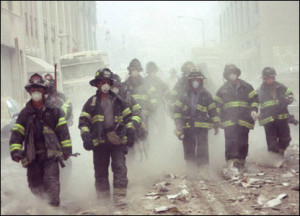

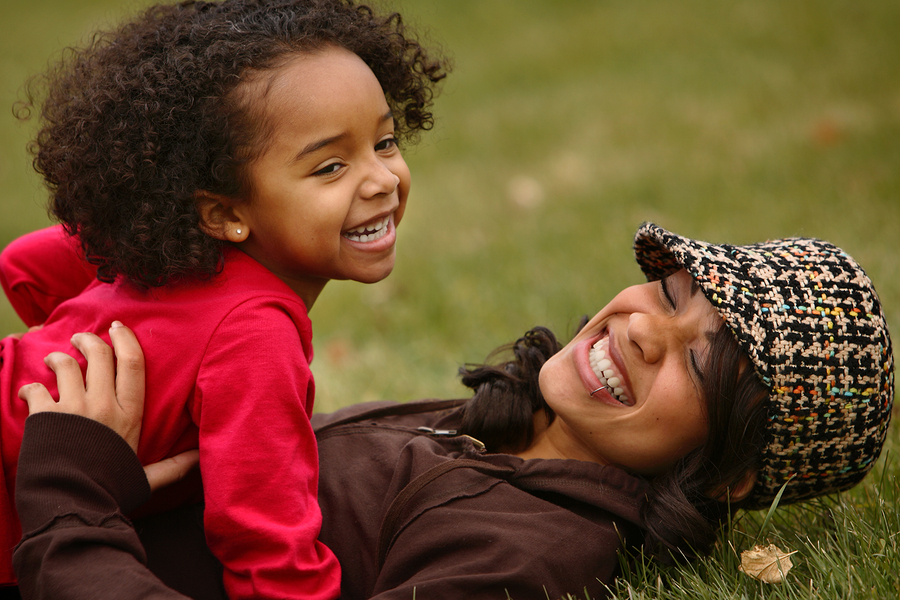




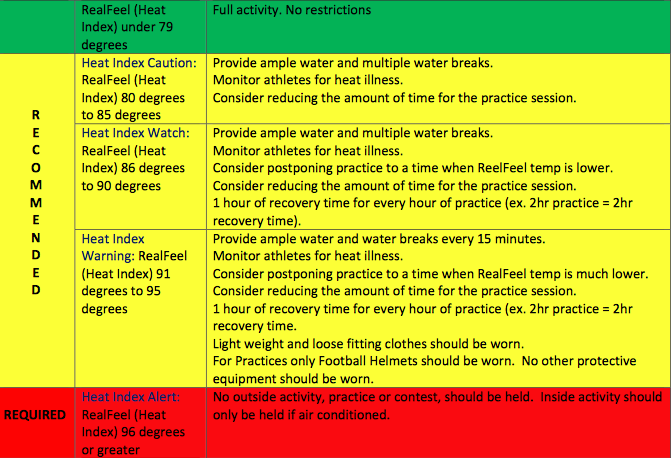
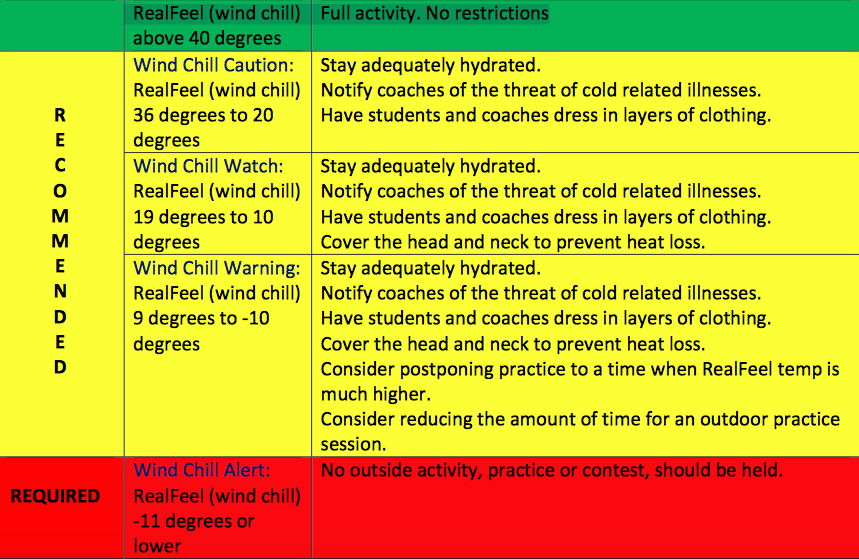
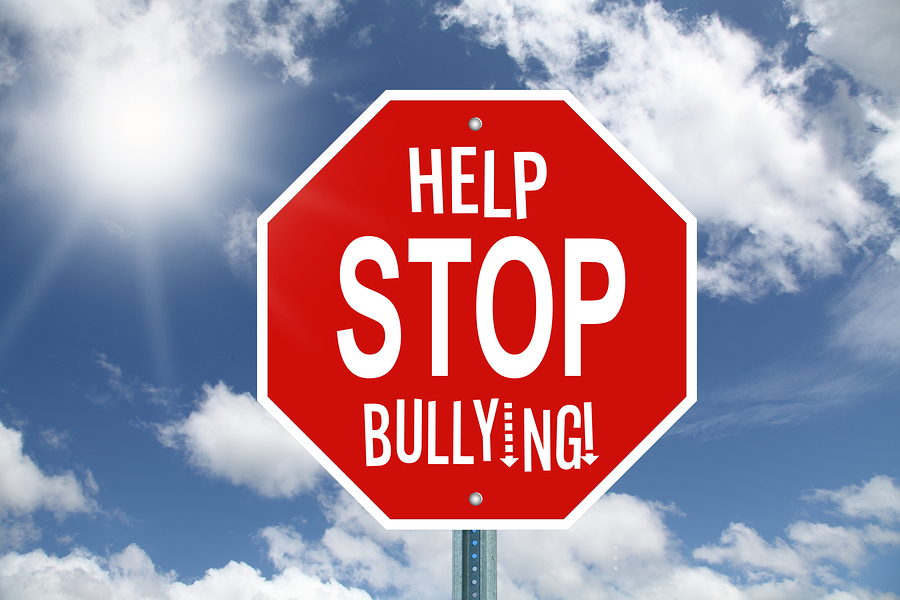

 Attend a bullying Parent seminar hosted by survivor expert and activist Jodee Blanco, author of the New York Times bestselling book..”Please Stop Laughing at Me…One Woman’s Inspirational Story” Thursday, October 10th, 2013 7pm @ Pierson Auditorium
Attend a bullying Parent seminar hosted by survivor expert and activist Jodee Blanco, author of the New York Times bestselling book..”Please Stop Laughing at Me…One Woman’s Inspirational Story” Thursday, October 10th, 2013 7pm @ Pierson Auditorium

